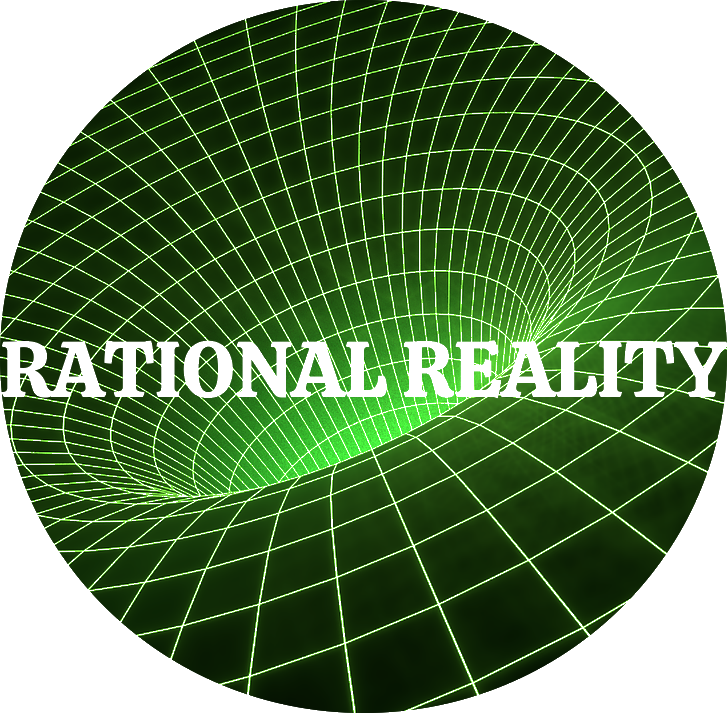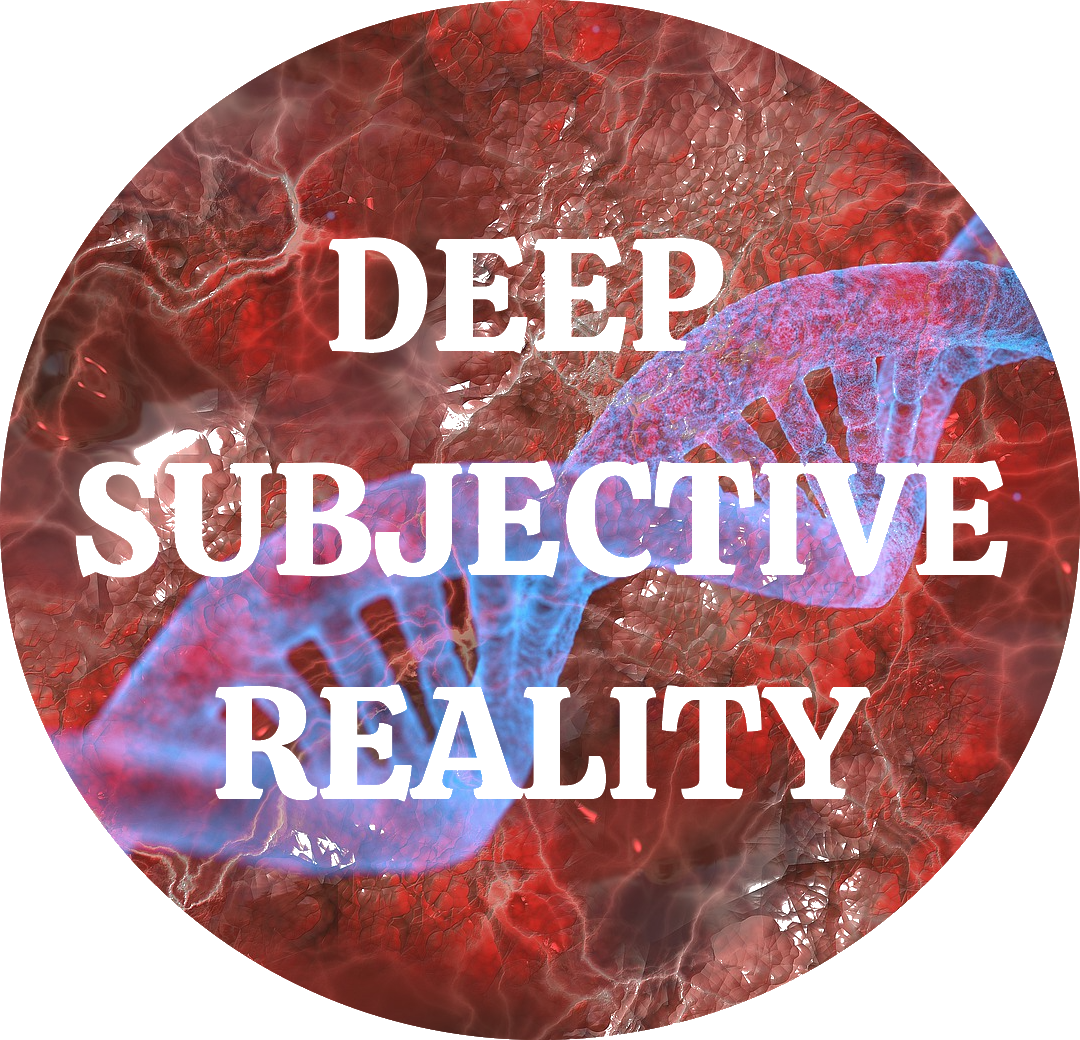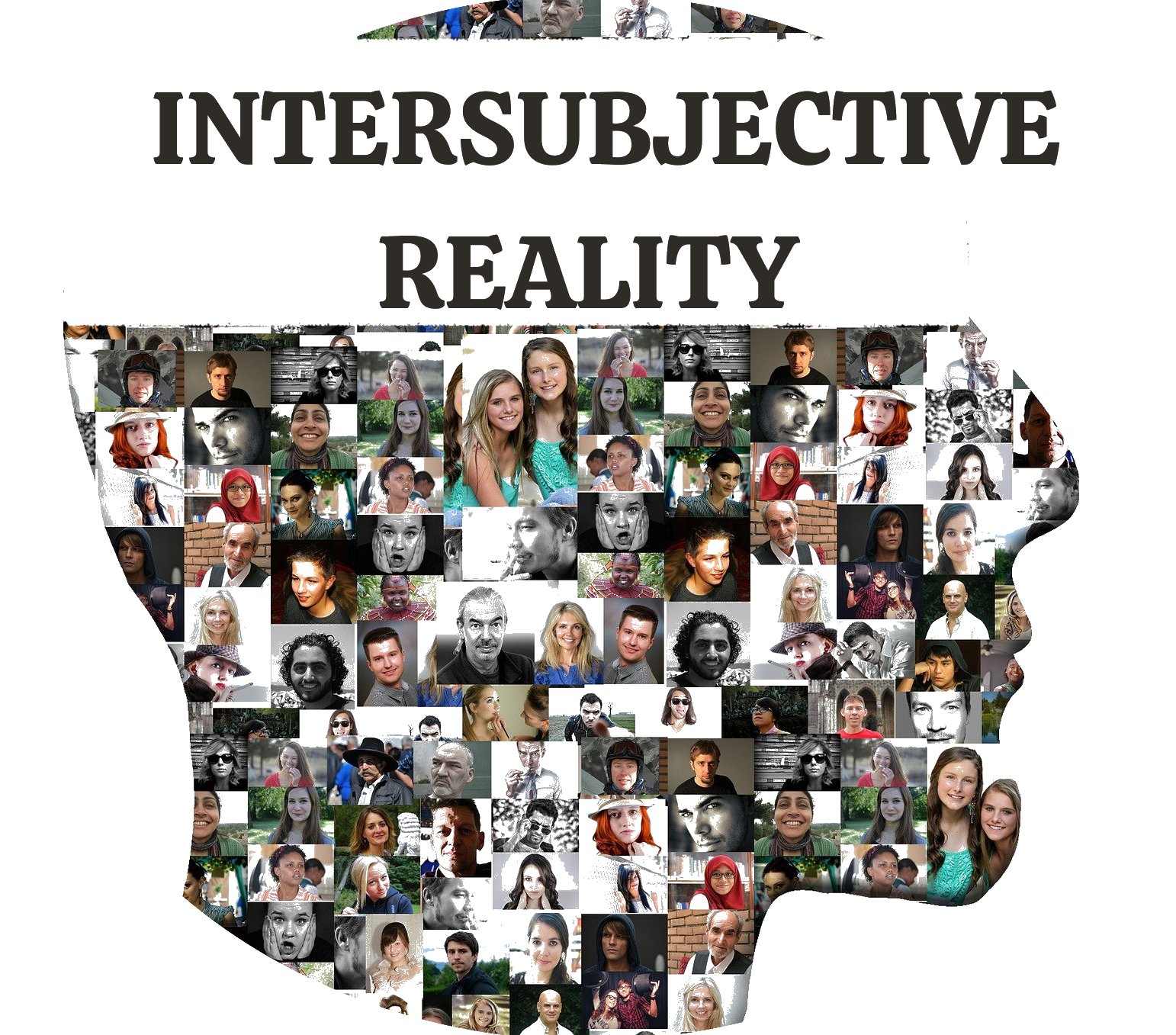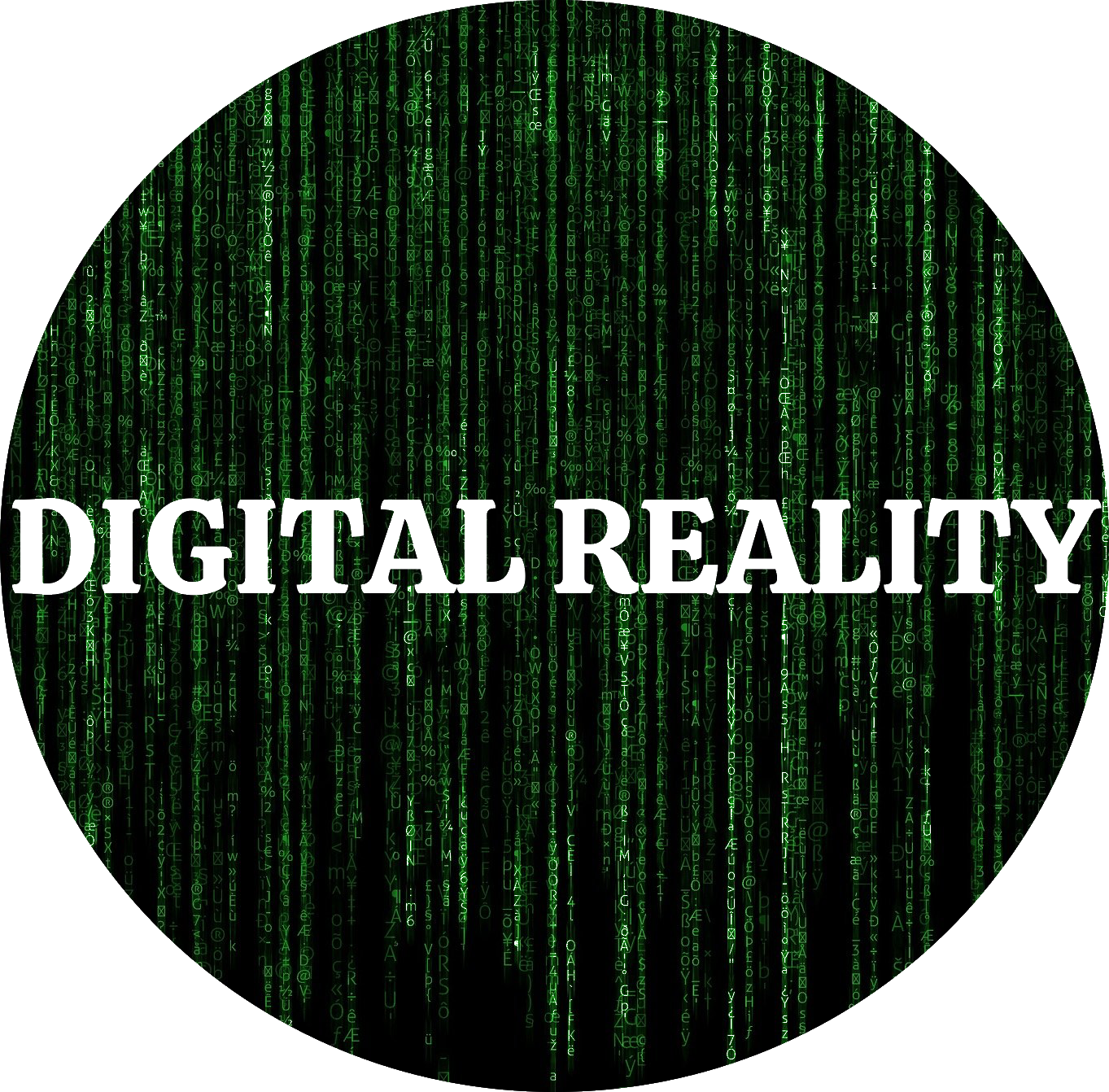
EXCERPT FROM PART ONE 5. SUBJECTIVE REALITY OR THE PERSONAL KNOWN KNOWNS
How humans got to ignore and leave behind humansIndividualism has become pervasive in societies worldwide to different degrees, depending on their serfdom to liberalism. Liberalism is rooted in humanism, giving prominence to the liberty of the individual. Hence, the term liberal humanism or liberalism. It is not uncommon to associate the term “liberal” with debauchery and “anything-goes” culture. However, as mentioned before, liberalism emphasizes every person’s uniqueness, individual liberty, individual freedom, and free will applied to politics, education, economics, and ethics, among others.
From “what works for me is true for me,” transpired cosmopolitanism as a one-size-fits-all solution for human fragmentation, better known as diversity. Liberal individuals surmount this fragmentation by self-modeling through reflections and personal choices independently of divine restrains, universal ones included. It is not about me doing whatever I feel, but feeling whatever I want. Everything is experienced individually, including the social, the global, even the universal. As individuals, we are an end in ourselves and have the right to pursue our own happiness in absolute freedom through goal setting and the execution of the “right” choices based on our “objective” scientific standards. Therefore, we do not need to look beyond ourselves to control every aspect of our lives. We are not obliged to – or responsible for anyone else. In other words, we focus on personal rather than universal aspects.
EXCERPT FROM PART TWO 5. SUBJECTIVE REALITY (I emote, therefore I exist)
Understanding Suffering, Love, Happiness, the “self” and the search for meaning
Modernism, Postmodernism, Humanism, Liberalism, Neoliberalism, and other intellectual movements, including religions, philosophies, arts and sciences, are mere abstract constructions. They project totality through fragmented streams of thought and language that will influence how we feel, think, talk, emote, take decisions and act. Some of these philosophies focus on the individual experience and some on the collective one. All of them are an incomplete set of ideas that attempt to cover H. sapiens’ experience concerning the rest of the species and the universe in the universe. None of these movements are remotely interested or aimed at offering a holistic approach to us as a species or the cosmos.
These live ideas have been conceived as devices to carry out particular functions that we can regard as tools, instruments, utensils, even equipment if you want. If we hope to achieve the closest possible version of a “whole picture,” we must understand these devices and their limitations when it comes to setting goals, and giving meaning, purpose, and justification to our existence. I do not believe that, in isolation, any of those streams of thought can provide us with a holistic concept that embodies our human experience in its totality. But they do equip us with some necessary abstractions to solve major obstacles.




